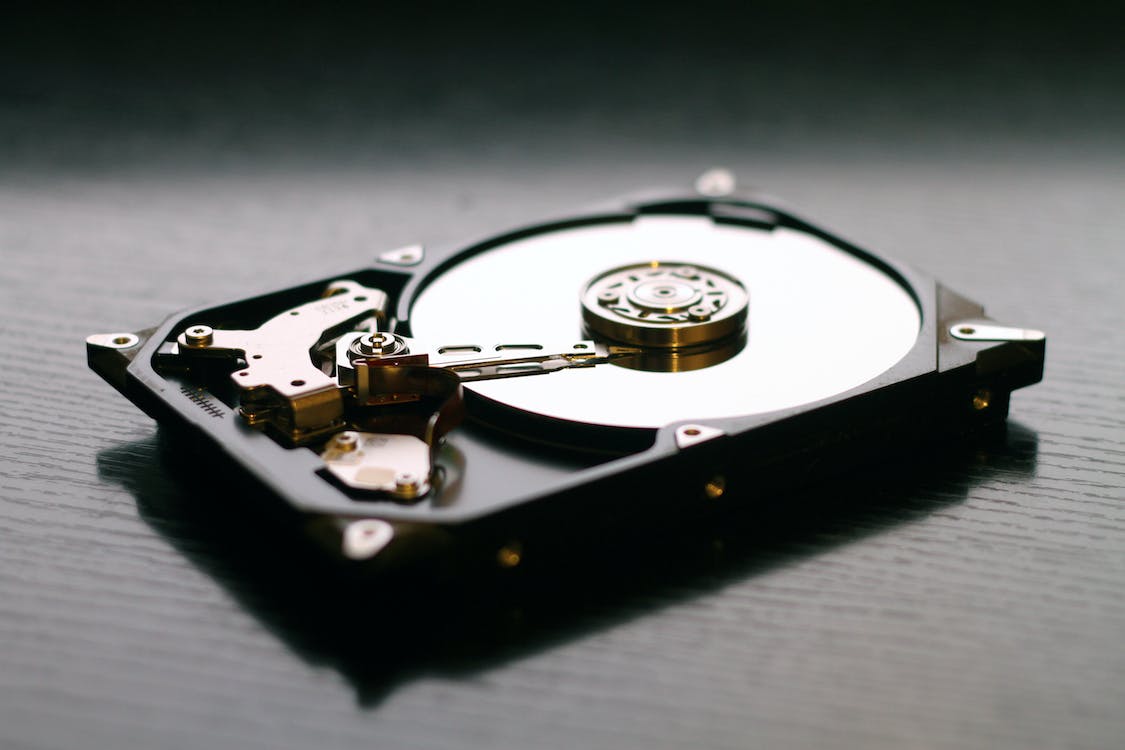Over time, cluttered disk space can lead to sluggish system performance and even data loss. This article will guide you through simple and effective ways to manage your disk space, ensuring that your computer runs smoothly.
Check Disk Space Usage
What's storage capacity, anyway? It's essential to understand how much free space you're dealing with in the first place. To do this, follow these steps:
• Windows: Click on the Windows icon, then select "Settings" > "System" > "Storage." Here, you'll find a breakdown of your disk usage.
• macOS: Click on the Apple menu, then choose "About This Mac" > "Storage." This will provide an overview of your storage usage.
• Linux: Open a terminal window and use the "df" command to check disk space usage on different partitions.

Delete Unnecessary Files
One of the quickest ways to free up disk space is by identifying and deleting unnecessary files. Here's how you can go about it:
• Temporary Files: Delete temporary files that accumulate over time. On Windows, you can use the built-in "Disk Cleanup" tool. On macOS, clean out system and application caches.
• Duplicate Files: Identify and remove duplicate files using third-party software or built-in utilities like "Duplicate File Finder" on macOS.
• Old Downloads: Clear out your downloads folder of files you no longer need. Sort by date to easily identify and delete outdated downloads.
• Unused Applications: Uninstall applications that you no longer use. On Windows, go to "Settings" > "Apps." On macOS, drag unwanted apps to the Trash.
Move Files to External Storage
If your computer's storage is running low, consider moving large files to external storage devices like external hard drives or USB drives. This step can free up significant space while keeping your important data accessible.
Use Disk Cleanup Tools
Both Windows and macOS offer built-in disk cleanup tools that can help automate the process of deleting unnecessary files:
• Windows: Run "Disk Cleanup" to remove temporary files, system files, and other unneeded data.
• macOS: Utilize the "Storage Management" tool to review recommendations and offload files to iCloud or external storage.
Uninstall Unused Applications
Over time, you might accumulate a collection of applications that you no longer use. These unused applications take up valuable disk space and may even slow down your system. To regain storage and streamline your computer, follow these steps:
Windows: Navigate to "Settings" > "Apps." Here, you'll find a list of installed applications. Review the list, and uninstall any apps you no longer need by selecting them and clicking "Uninstall."
macOS: Simply drag unwanted applications from the "Applications" folder to the Trash. Remember to empty the Trash to complete the removal process.
Removing unused applications not only conserves disk space but also helps declutter your system, making it easier to find and access the software you use regularly.
Monitor Disk Space Regularly
Regularly monitoring your computer's disk space is a proactive approach to prevent storage issues before they become critical. Take the time to perform routine cleanup tasks, including deleting unnecessary files, moving data to external storage, and uninstalling unused applications.
By incorporating disk space monitoring into your routine, you can proactively address potential storage issues and ensure your computer continues to run smoothly without unexpected slowdowns or data storage problems.
Conclusion
Managing disk space is a fundamental aspect of maintaining a well-functioning computer. By regularly checking disk space usage, deleting unnecessary files, moving data to external storage, using built-in cleanup tools, uninstalling unused applications, and clearing browser cache and cookies, you can keep your system running smoothly.
With these simple practices, you'll not only optimize your computer's performance but also extend its lifespan and reduce the risk of data loss due to storage issues. Start managing your disk space today and enjoy a faster and more efficient computing experience.




